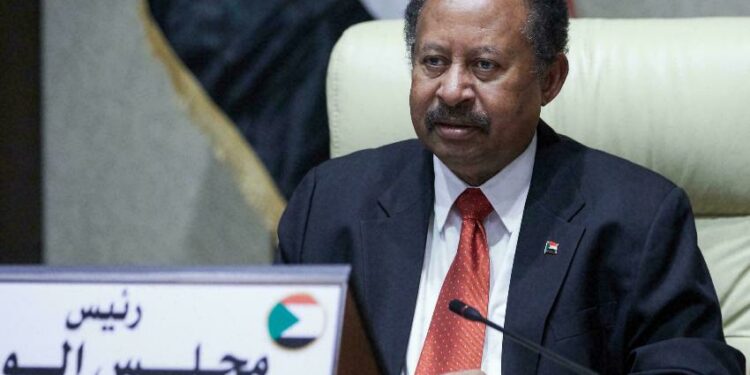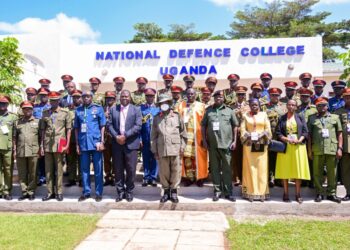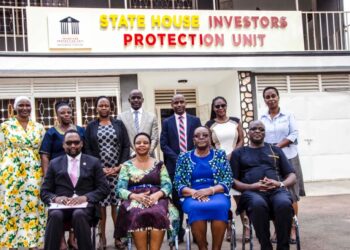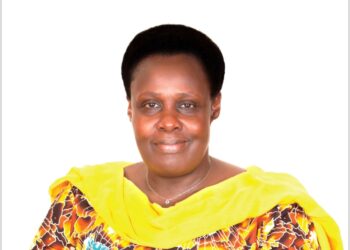Political activists across Sudan have decried and denounced radical steps taken by the country’s military this morning and concluded that it is an attempt to orchestrate an illegal seizure of power.
Joint military forces today morning arrested and detained members of Sudan’s ruling council and ministers of the new transitional government, in what is seen by many as a military coup.
Internet access across the country has also been cut off by the military, claiming that they intend to prevent the situation from spiralling out of control.
Major roads connecting the countryside and the capital Khartoum have also been sealed off to prevent protests from spreading to other cities.
Demonstrators, in their hundreds, took to the streets of the capital Khartoum, to express their anger and outrage over the actions of the military by detaining civilian leaders. They banned car tyres and also blocked major roads, causing further chaos.
In a statement posted by the civilian ministry, it was confirmed that detentions of senior civilian officials in the transitional government actually took place.
“Civilian members of transitional sovereign council and a number of ministers from the transitional government have been arrested. They have been led to an unidentified location,” reads the statement.
Activists however made no mention of the whereabouts of prime minister Mohammed Hamdock, who according to media reports is also believed to be under detention.
The Sudanese Professionals Association (SPA) a trade union that was instrumental in the overthrow of long time leader Mr Omar El Bashir in 2019, also called upon civilians to take to the streets and strongly reject actions by the military.
On October, 23rd, a civilian group organised a news conference in the capital Khartoum to draw a road map for a swift transition to civilian rule, in which they warned of a looming military coup.
Since August 2019, Sudan has experienced a political deadlock after the overthrow of long time leader Omar El Bashir. A transitional council, comprised of the army and civilians was set up to ensure a swift transition to total civilian rule.
However, there has been a rivalry, power struggles, political skirmishes between members of the military and civilians. Even the civilian faction that dominated anti-Bashir protests, the Forces of Freedom for Change (FFC) is splintered into two rival groups.
Mistrust and tension between civilian elites and the army escalated after a failed coup on September 21st, this year.
Last week, hundreds of civilians in several cities took to the streets, in a carefully planned move intended to force the country’s military to relinquish power, which would usher in a total civilian rule.
Do you have a story in your community or an opinion to share with us: Email us at editorial@watchdoguganda.com













